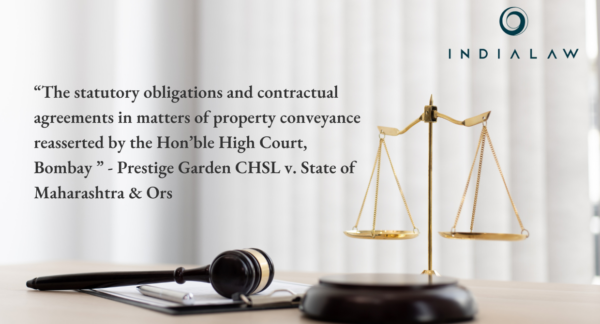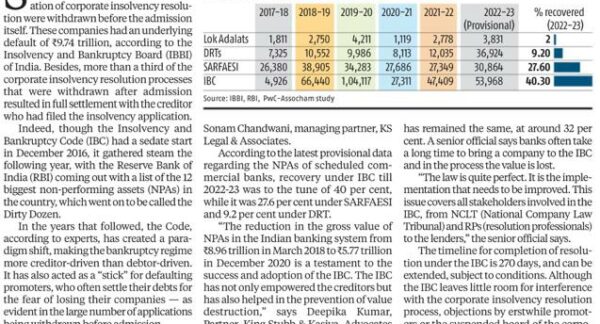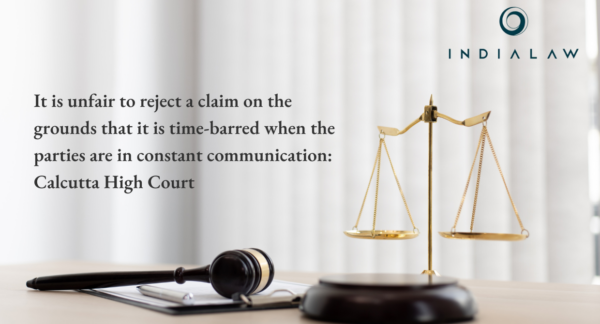Constitutionality of Section 56 of the Civil Procedure Code


The Bombay High Court recently dismissed a public interest litigation, which sought for a declaration that section 56 of the Code of Civil Procedure, 1908 (hereinafter referred to as the “Code”) was ultra vires being violative of Articles 14 and 15 of the Constitution of India.
Section 56 of the Code prohibits arrest or detention of women in civil prison in execution of a decree for payment of money. While Article 14 of the Constitution guarantees equality or equal protection of laws, Article 15 prohibits any kind of discrimination on the basis sex, religion, caste, etc.
The Petitioner contended that Section 56 of the Code violates Articles 14 & 15 of the Constitution. The Petitioner further contended that Article 15(3) of the Constitution, which allows the state to make special provision for woman and child, should be confined only to provisions, which are beneficial to women and should not be used to give them a license to commit and abet a crime with impunity.
Judgment/Analysis given by the Hon’ble High Court
- The Hon’ble Court held that Article 14 of the Constitution, which guarantees equality, is for general application and it must be read with other provisions of the Constitution, which set the ambit of the fundamental rights. Though, Article 15 prohibits discrimination based on sex, Article 15(3) clearly provides that nothing in Article 15 prevent the State from making special provision for woman and child. Therefore Section 56 of the Code, which makes special provision for women, is clearly a provision with in the ambit of article 15(3) of the Constitution and therefore there is no reason to declare the same as unconstitutional.
- Reference was made to Cyril Britto v. Union of India[1], wherein the Division bench of Kerala High Court specifically rejected the contention that section 56 of the Code was ultra vires the Constitution. The relevant explanation is quoted below:-It is undoubtedly true that discrimination on the basis of sex alone is not permissible. However, in the present case, sex is not the sole basis. It is recognition of a reality. Still further, the Constitution makers had clearly laid down that it shall be permissible to make special provision for women. The protection afforded by S. 56 is a special provision calculated to ensure that a woman judgment-debtor is not put to the ignominy of arrest and detention in civil prison in execution of a money decree. In our view, this limited protection is clearly referable to the provision contained in Article 15(3) of the Constitution.
- The Hon’ble Bombay High Court also opined that under the Code it was permissible to arrest and detain a woman who violates an injunction. It was also permissible to attach her property in case she did not carry out her obligations under a decree for restitution of conjugal rights. However, keeping in view the prevailing customs, the Legislature had considered it is appropriate to grant women a special protection against arrest and detention in the execution of a money decree. The legislative object was basically to grant a limited protection, which is protected under Article 15(3).
- The Hon’ble High Court therefore dismissed the public interest litigation.
[1] AIR 2003 Kerala 259




